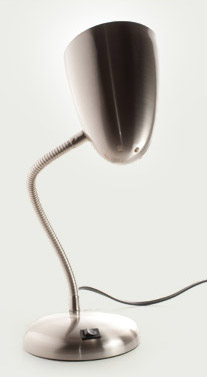
Tips for cutting energy bills
Posted in Home Health & Safety on September 1, 2014. Last modified on April 29, 2019. Read disclaimer.
Daily Checks
In The Living Room
- Keep lamps and fixtures clean -- dirt can significantly reduce light output.
- Turn off the television when no one is watching it.
- Close the damper when the fireplace is not being used.
In The Bathroom
- Save water by taking quick showers or limiting the amount of water in the tub.
- Close the drain in the sink when shaving or washing hands and face.
SHOP Amazon's Top 100* Best Selling Vitamins & Nutritional Supplements
+ Free Shipping & Returns on Eligible Items.
(*Amazon's Top 100 list updated hourly.)
+ Free Shipping & Returns on Eligible Items.
(*Amazon's Top 100 list updated hourly.)
In The Kitchen
- Always use cold water in the disposal.
- Use the dishwasher, washing machine and dryer for full loads.
- Bake several items at a time in your oven.
- Cook in a microwave oven when possible -- it uses half the power of a standard electric oven and is much quicker.
- Allow hot foods to cool before placing them in the refrigerator. Cover food before placing it in the refrigerator since the liquids in uncovered foods make the compressor work harder.
- Dry clothes in consecutive loads. Stop-and-start drying uses more energy.
- Use flat-bottomed pots and pans that fit range units and cook on lowest possible heat.
- Clean the dryer filter after every load; check dryer vent regularly to prevent clogging.
- Never let hot water run constantly when washing dishes or hands. Fill the sink with hot water and then add detergent.
Around The Home
- Turn off lights when leaving an empty room
- Place lamps or TV sets away from air-conditioning thermostat. Heat may increase running time of AC.
- Be sure no solid obstacle, such as furniture, is blocking a heating or cooling vent.
- Close heating vents and radiator valves in unused rooms.
- Cut off all small electrical equipment, such as TVs, computers, or VCR, when not in use.
- In Summer: set your thermostat at the highest comfortable setting. If you are going to be away for a few days, turn the thermostat to its highest setting, but not to "off."
- In Winter: It is a common misbelief that it takes more energy to bring a home back up to a comfortable temperature in winter if you set the thermostat down when you're gone for the day. Most heating systems run at the same rate all the time, they just run a bit longer if you've let the temperature drop... so, overall, you'll save a significant amount by NOT keeping the home comfortably warm while you are gone. (This rule-of-thumb does not apply to homes with heat pumps or electric baseboard heating, unfortunately.)
- In Winter: close all blinds, shades or draperies at night. During daytime close window treatments on the shady side of the house; open those that let in sunlight.
- When the house is being heated or cooled, be sure to close outside doors quickly.
Periodic Checks
- Repair leaky faucets inside and outside the house.
- Add storm windows and storm doors or plastic over windows and doors for better insulation.
- Check weatherstripping and caulking around windows and doors.
- Check insulation in the attic and under the floor to be sure it has not slipped.
- Insulate ductwork and hot water pipes.
- Have the furnace cleaned in the fall and the air conditioner checked in the spring. Check filters monthly; replace or clean them as needed.
- Prevent drafts by caulking or sealing any openings around plumbing or wiring.
Want to learn more about reducing your home energy bills?
![]() Check out our online Home Energy Savings Quiz.
Check out our online Home Energy Savings Quiz.
Sources:
Home Energy Checklist, North Carolina Cooperative Extension Service, Buncombe County Center
10 Easy Ways to Save Energy in Your Home, International Association of Certified Home Inspectors

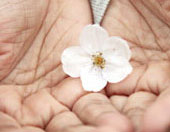 Support for care givers
Support for care givers What's better: Organic, local or conventional produce?
What's better: Organic, local or conventional produce?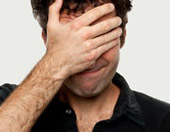 What causes flatulence?
What causes flatulence?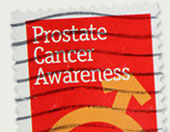 Prostate cancer symptoms and risk factors
Prostate cancer symptoms and risk factors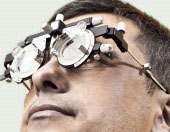 Early detection of eye diseases
Early detection of eye diseases Reduce stress with a gratitude journal
Reduce stress with a gratitude journal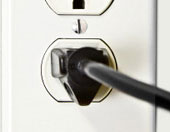 Home energy savings checklist
Home energy savings checklist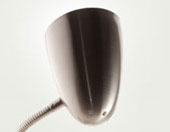 Quick tips for cutting your utility bills
Quick tips for cutting your utility bills